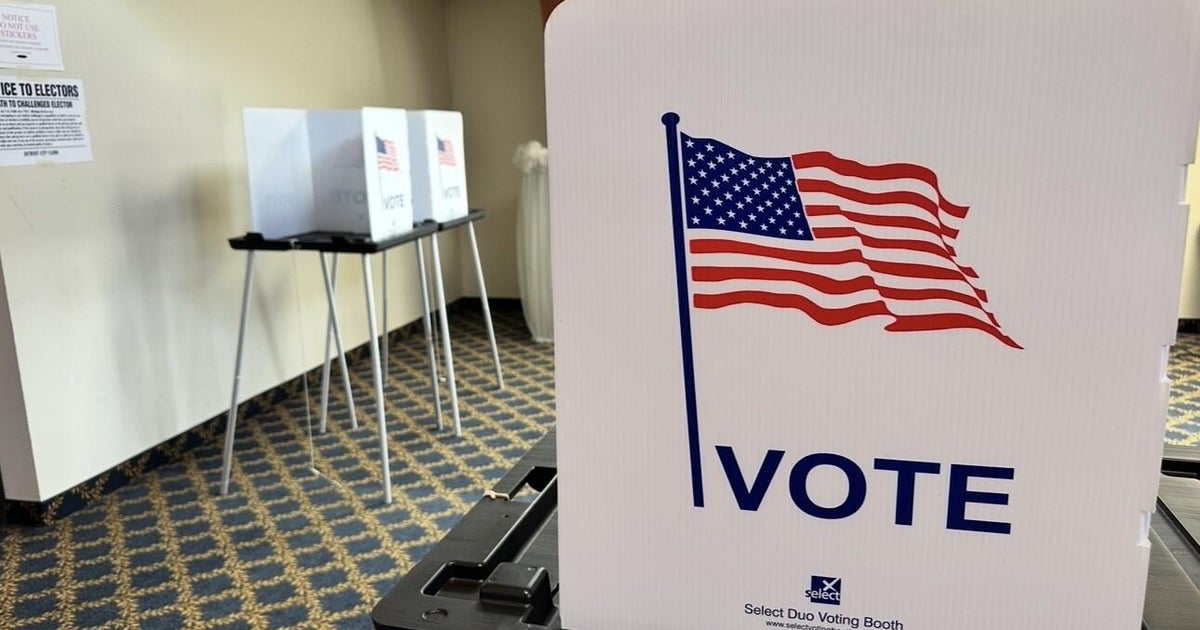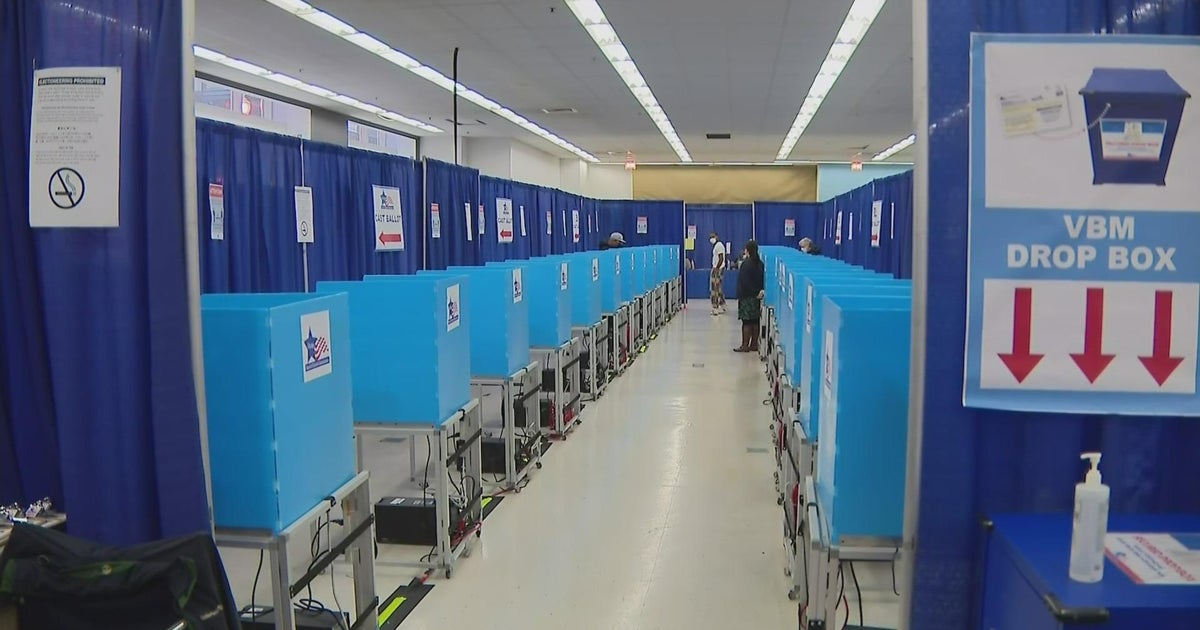New York could be even more progressive after this year's elections
New York is often seen as a liberal bastion and a home base for the resistance, but the state that voted for Hillary Clinton by over 20 percentage points has a state Senate controlled by Republicans who have stymied efforts to enact progressive measures for decades.
New York has unsuccessfully wrestled with California for the title of most progressive state, and that is largely because of the Republican-controlled state Senate. During Democratic Gov. Andrew Cuomo's tenure, the state Legislature has passed same-sex marriage and some of the most stringent gun control laws in the country, as well as paid family leave and free tuition for some state university students. Despite these liberal accomplishments, some, like primary challenger Cynthia Nixon, believe that Cuomo has tacitly supported Republican control of the state Senate since his election in 2010.
Republicans have held a majority in the Senate since the 1970s, with a brief interregnum in 2009 and 2010 when Democrats briefly gained the majority. However, that grip on power is becoming more tenuous. Numerically, Democrats have a 32 to 31 majority, but a renegade Democrat caucuses with the Republicans, giving them a functional majority.
State Sen. Simcha Felder, who made a name for himself by unsuccessfully tackling the scourge of pigeon overpopulation in the New York City Council, is a Democrat in name only. Since joining the state Senate in 2013, Felder has caucused with Republicans, believing that being a member of the majority gives him more leverage to pass his priorities - namely, deregulation of yeshiva schools in his predominantly Orthodox Jewish district. He has not said whether he would rejoin the Democratic conference if they take the majority in November.
Felder is not the only Democrat who blocked a Democratic majority. For seven years, a group of breakaway Democrats who called themselves the Independent Democratic Conference caucused separately from mainline Democrats. The more socially conservative IDC often aligned with Republicans in blocking progressive measures which passed the Democratic-majority Assembly, such as making New York a sanctuary state.
Cuomo critics in New York suggest he allowed for the power-sharing arrangement between Republicans and the IDC because it allowed him to push his priorities through the legislature, while providing an excuse for why other progressive measures he ostensibly supported would not pass.
"You can't say you're a champion for marriage equality and you're able to push that through with your unique leadership and your ability to sway votes, but not everything else," said Nomiki Konst, a progressive activist and New York advisor with Our Revolution, about Cuomo's behavior towards the IDC. Konst is a supporter of Cynthia Nixon, Cuomo's primary opponent.
In April, the IDC reconciled with the mainline Democratic conference, in return for the governor's and Senate Democrats' support of IDC members during the primary election. However, several insurgent candidates are running grassroots campaigns against former members, including former IDC leader Jeff Klein. Klein has been accused of sexual misconduct by a former staffer.
While former IDC members have cause for concern, if they lose their primaries, their seats will almost certainly remain in Democratic hands.
The state Democratic Party is more concerned with targeting vulnerable Republican seats, particularly on Long Island. Long Island has been a Republican stronghold in the state Senate for decades, but there are a few districts held by Republicans that voted for Hillary Clinton in 2016. One such district is that of state Sen. Elaine Phillips, who is facing a challenge from Anna Kaplan. Kaplan was one of two Democrats in New York endorsed by former President Barack Obama in his first round of midterm endorsements.
State Sen. Michael Gianaris, the chair state Democratic Senate Campaign Committee, said that Democrats were looking to capture Republican seats in suburban areas, such as the counties surrounding New York City. He was confident that the predicted "blue wave" that could sweep Democrats into control of the House of Representatives nationally could also help Democrats in the New York state Senate.
"If you look around suburban areas, it's where the blue wave is seen the most," Gianaris said, referring to recent victories by Democrats around New York. In 2017, Democrat Christine Pellegrino won a special election in a longtime Republican seat on Long Island. Later that year, Democrats took control of the county executive positions in Nassau and Westchester Counties, flipping control of the counties from red to blue.
"Unlike the U.S. Senate map, our map is tremendously in our favor," Gianaris said. "We only have one seat to defend...and [Republicans] have about a dozen on their side, and we only need to pick up one."
If Democrats take control of the Senate, both houses of the legislature will push to pass progressive priorities. A bill to implement statewide Medicare-for-All has passed the Assembly in previous years, but failed in the Senate. The Reproductive Health Act -- which would codify abortion rights into state law -- has also been stymied by Senate Republicans for years. If Democrats take the majority, both of those bills are extremely likely to pass. A gender non-discrimination act would also likely be approved.
New York would also likely brand itself as a sanctuary state for undocumented immigrants, as well as pass the New York DREAM Act for DACA recipients in the state.
Cuomo has been knocked for not doing more to pass measures on criminal justice reform and voting reform, even as he has repeatedly included those issues as priorities in state of the state addresses. If Democrats were to win full control of the legislature, they would likely pass measures that would shorten the time between arrest and trial, which would be important for defendants who cannot afford bail. Gianaris is also a sponsor of the Bail Elimination Act in the state Senate, which would end the use of monetary bail.
All of these issues are progressive milestones, and would make New York even more of a scapegoat for national Republicans decrying governance by liberals.
"It gives us the opportunity to be a true leader for efforts to push back against the horror show coming out of Washington. We're seeing California doing good things in that respect because they have a Democratic trifecta," Gianaris said, referring to the fact that both houses of the California state Legislature and the executive branch are controlled by Democrats. "They are many steps ahead of us because they've had the ability to enact legislation that we cannot because of the status of the Senate."
Activists see this liberal vision of New York as an East Coast leader of the resistance as achievable.
"I don't see any reason why they shouldn't be banding together under the leadership of Andrea Stewart-Cousins to push for the most progressive pieces of legislation that have been held up," said Konst, referring to the leader of the Democratic conference. If Democrats gain the majority, she will be the first black woman to serve as majority leader of the state Senate.
Gianaris seemed hopeful that Democrats would be able to accomplish their goals regardless of whether Cuomo or Nixon were in office, as both candidates "are in support of a progressive agenda," adding that he would hope "that they would all live up to what they're saying."
Whether Felder would rejoin the Democratic fold is still an open question.
"I would hope we would put him in the position where it's an easy decision because we're clearly in the majority," Gianaris said. "But I don't want to be in the position where we could be held hostage by people like Simcha Felder, because I would rather have a firm and progressive majority."
Correction: This story has been updated with Nomiki Konst's current job title.



